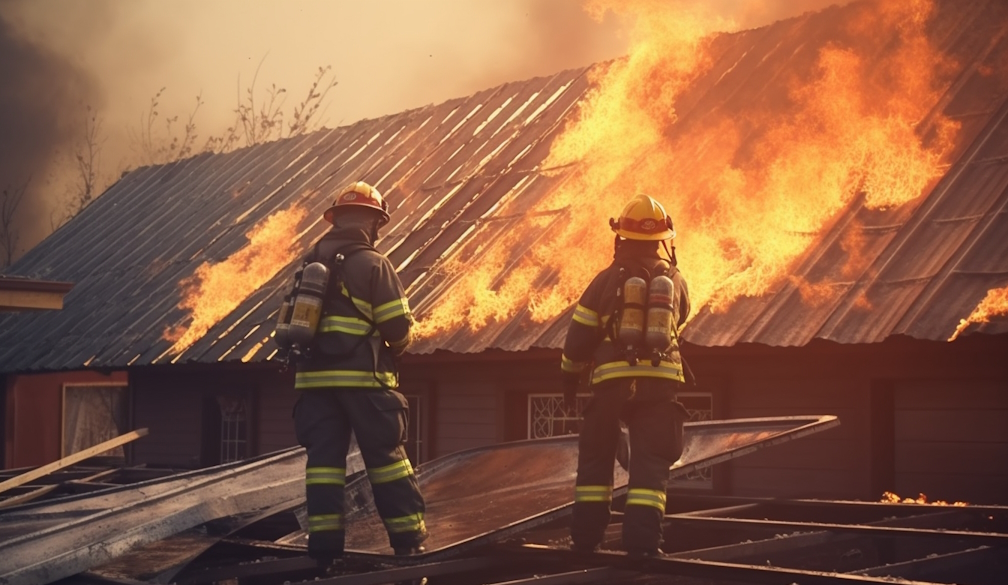Understanding and Mitigating the Risks of Solar Panel Fires

Let’s start by getting this straight: solar power is a fantastic way to produce renewable energy. But like any electrical system, it's not without its challenges. Today, we're going to shed light on the risks of fire from solar panels, how they occur, and importantly, how to prevent them.
What is Solar Power?
To begin with, let’s talk about what solar power is. Simply put, it's the conversion of energy from sunlight into electricity, either directly using photovoltaic cells or indirectly with concentrated solar power. Those shiny panels you see on roofs are solar panels, capturing sunlight and converting it into a form of energy we can use in our homes.
The Risks of Fire from Solar Panels
Now onto the risks. Just like any electrical device, solar panels carry a risk of fire. While this risk is relatively low, understanding the causes and taking preventative steps is crucial in ensuring your home remains safe.
Solar Panel Fires and Their Definition
A solar panel fire, as the name suggests, is a fire that originates from a solar panel or its associated equipment, like inverters and cables. It's not the panels themselves catching fire per se, but often the electrical systems connected to them.
Causes of Solar Panel Fires
Solar panel fires can be caused by a number of factors, with the most common being faulty installation, substandard systems, and poor maintenance practices. Even the direct current (DC) from the panels can increase the risk of fire under certain conditions.
Potential Risk Factors for Solar Panel Fires
There are several risk factors to be aware of:
1. Faulty Installation and/or Poor Maintenance Practices: Solar systems need to be installed and maintained correctly to avoid potential fire hazards. This includes ensuring the panels are securely mounted, and the electrical connections are properly made.
2. Electrical Systems and Equipment Not up to Code or Substandard Systems Installed: All electrical systems and equipment must meet Australian standards. If not, they can pose a risk.
3. Direct Current from the Panels Can Increase Risk of Fire: Unlike the alternating current (AC) we use in our homes, the DC produced by solar panels doesn't naturally 'switch off' or 'break' during an electrical fault, leading to a continuous flow that can create a fire hazard.
Prevention & Safety Measures to Avoid Potential Risks
The good news is that many of these risks can be mitigated with the right approach:
1. Regular Maintenance Checks and Inspections: A qualified professional technician should regularly inspect your solar system to ensure it's in good working order.
2. Proper Installation: Always choose a licensed and reputable solar installer. This ensures that the installation meets Australian standards and reduces the risk of potential issues.
3. Quality Equipment: Invest in quality panels, inverters, and other equipment. While you might save money upfront with cheaper options, the potential risks and costs down the track could far outweigh the initial savings.
To sum up, while there is a risk of fires from solar panels, with the right installation, maintenance, and quality of equipment, this risk can be minimised. And remember, it's always best to consult with a professional when in doubt.










